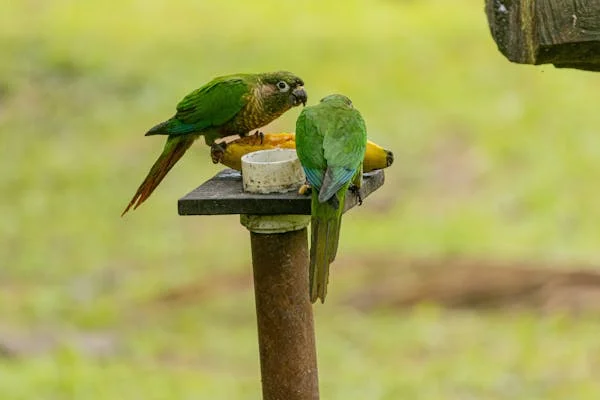Best Talking Parrots: Ultimate Guide
Parrots are well known for their larger than life personalities, beautiful colors and incredible talent at mimicking human speech. Their ability to mimic sounds is a trait that makes them particularly popular as pets, especially for those who appreciate an interactive and engaging pet.
Out of all the different species of parrots, there are a few that excel when it comes to speaking. Here’s a rundown of the best parrots that talk and what makes them so interesting.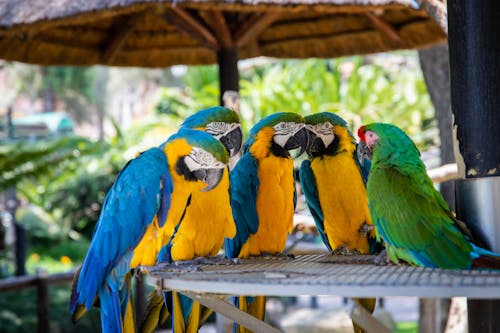
1. African Grey Parrot
The “Einstein” of the bird world, the African Grey Parrot Renowned for their intelligence, the members of this parrot family can develop large vocabularies that can exceed 1,000 words. They don’t just copy words; they understand context, making them great conversationalists.” African Greys need mental encouragement and attention to prosper since their intelligence is accompanied by high social needs.
Key Traits:
Lifespan: 40–60 years
Extremely high vocabulary potential.
Personality: Smart, sensitive, and loving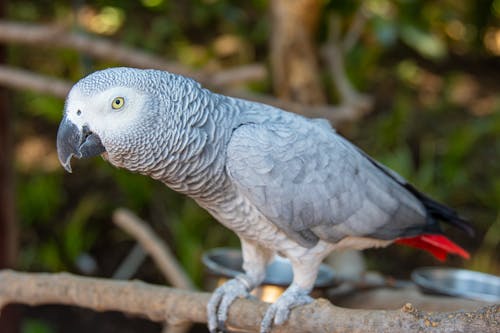
2. Budgerigar (Budgie)
Budgies are one of the smallest talking parrots but also one of the most popular. With the right training, they can acquire a vast number of words and phrases.
Male Budgies, especially those, are more talkative than females. Because of their playful nature and relative ease of care, they are popular with beginners.
Key Traits:
Lifespan: 10–15 years
Potential Vocabulary In Home: Up to 100 words
Temperament: Happy, extroverted, energetic
3. Amazon Parrot
Amazon parrots, are also well known to have clear loud vocalizations with the ability for some to sing. They are social birds by nature and require plenty of socializing and attention to be happy. They are friendly, quick to bond with their humans, and can learn a ton of words, phrases, and even whistles.
Key Traits:
Lifespan: 40–50 years
Potential for vocabulary: Medium to high
Personality: Vibrant, playful and sociable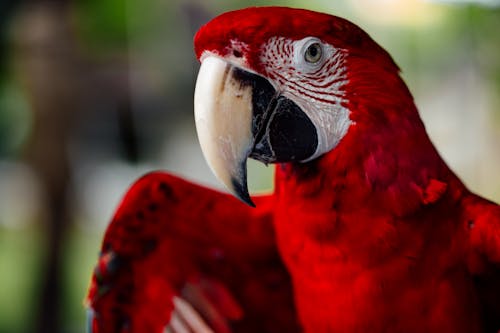
4. Indian Ringneck Parakeet
Indian Ringnecks are medium-sized, effortlessly made birds with melodious voices and mimicry. They can learn at an accelerated pace, so long as they are trained consistently, they will build a decent vocabulary over time.
Although they can be a little bit independent, they have the best personalities, making them fun pets to have.
Key Traits:
Lifespan: 20–30 years
Good and true vocabulary: 200 words
Personality: Self-sufficient, clever, and inquisitive
5. You are the Quaker Parrot (Monk Parakeet).
Quaker parrots are small birds with a large personality. They are the best talkers, and especially from the middle of the second year onward tend to pick up words and string them together into simple sentences. Quakers are very social and can become attached to their owners.
Key Traits:
Lifespan: 20–30 years
Potential for vocabulary: Moderate
Personality: Affectionate, social and playful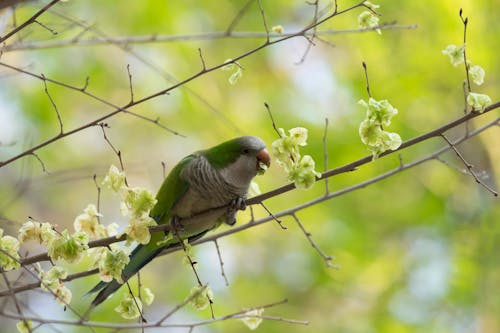
6. Eclectus Parrot
Eclectus parrots are gorgeous birds as well as fabulous talkers. They are calm and can surprisingly imitate sounds and words very clearly. Ideal for owners that want a gentle and interactive companion, these parrots are a great choice.
Key Traits:
Lifespan: 30–50 years
Such as potential vocabulary: Moderate
Character: Gentle, amiable, and bright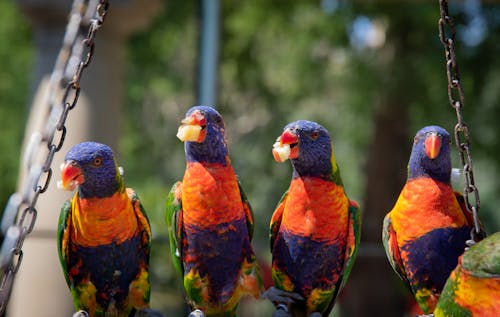
7. Cockatiel
While not as accomplished in speech as the larger parrots, Cockatiels are excellent mimics of simple words and whistles. Their amiable personalities and their come-in-house-nice-and-easy nature makes the ideal for novice pet owners or children.
Key Traits:
Lifespan: 15–25 years
Potential vocabulary: From low to moderate
Temperament: Easy going, loving and affable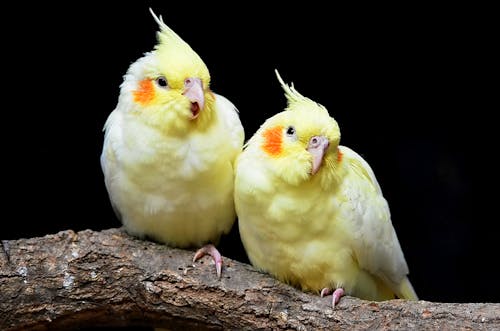
How to Train Talking Parrots
The process of training a parrot to talk uses a combination of patience, consistency, and positive reinforcement techniques. Here is few tips to get your parrot to talk.
Start Early:
Young parrots learn new words more easily.
Repeat, Repeat, Repeat:
Repeat words and phrases many times, associating them with a certain action or object.
Positive Reinforcement:
If your parrot successfully mimics the sound or makes an attempt, reward them with treats or praise.
Quality Time:
Spending regular time together strengthens the bond, and builds the chances that talking will take place.
No Negative Words:
They repeat, so don’t say what you don’t want them to learn.
Conclusion
Parrots will always be more than pets, but they become companions who, unlike dogs, can chat with us and enjoy our company. It’s all a matter of what you’re looking for, whether it’s the clever.
African Grey or the unerring charm of a Budgie every species has its own pros and cons. By understanding their needs and providing the right care and training, you’ll ensure your feathery friend stays happy and chatty for years to come.
